SEOUL, South Korea — Get ready for Trump-Kim Part Two.
In recent weeks it’s become clear that Donald Trump wants to meet with Kim Jong Un again, and the North Korean leader has told the White House he’d like more face-to-face talks with the American president.
Could that meeting happen, as some in Seoul have pushed for, on the sidelines of a U.N. gathering of world leaders in New York later this month?
Getting Kim, the brutal, authoritarian leader of the most sanctioned country on the planet, to the home of the Yankees might seem a fantastic fever-dream. But it’s useful to remember that no analysts predicted that Trump’s surprise June summit with Kim in Singapore would be possible — until suddenly it was.
RELATED
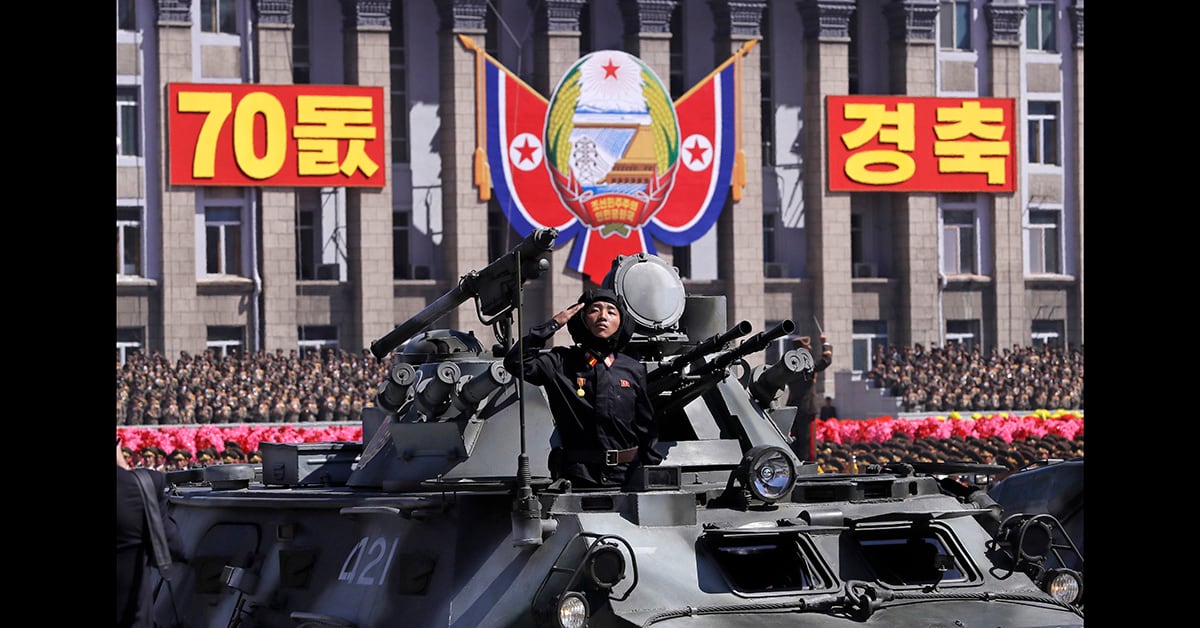
Amid worries that Washington and Pyongyang are sinking further into a standoff over the sincerity of North Korea’s nuclear disarmament intentions, Trump may believe that another high-profile summit, on his home turf and as political scandal swirls in Washington, is just the thing.
It would also play into his response to widespread criticism that the Singapore summit was a waste of time, at best, and a dangerous back-step in efforts to rid North Korea of its nuclear weapons, at worst.
The declaration released at the Singapore summit was widely seen as a watered-down version of past agreements, but Trump has suggested that the only result that mattered was whether he got along with the North Korean dictator. Trump claims the answer is a resounding yes.
If the mercurial leaders of two nuclear powers — and two men who had been threatening missile strikes and insulting each other’s intelligence and appearance only months earlier — can nurture this budding relationship, the argument goes, then they can keep meeting and, eventually, “solve” a nuclear impasse that has flummoxed a long line of previous U.S. and South Korean presidents and occasionally edged Northeast Asia toward fears of war.
RELATED
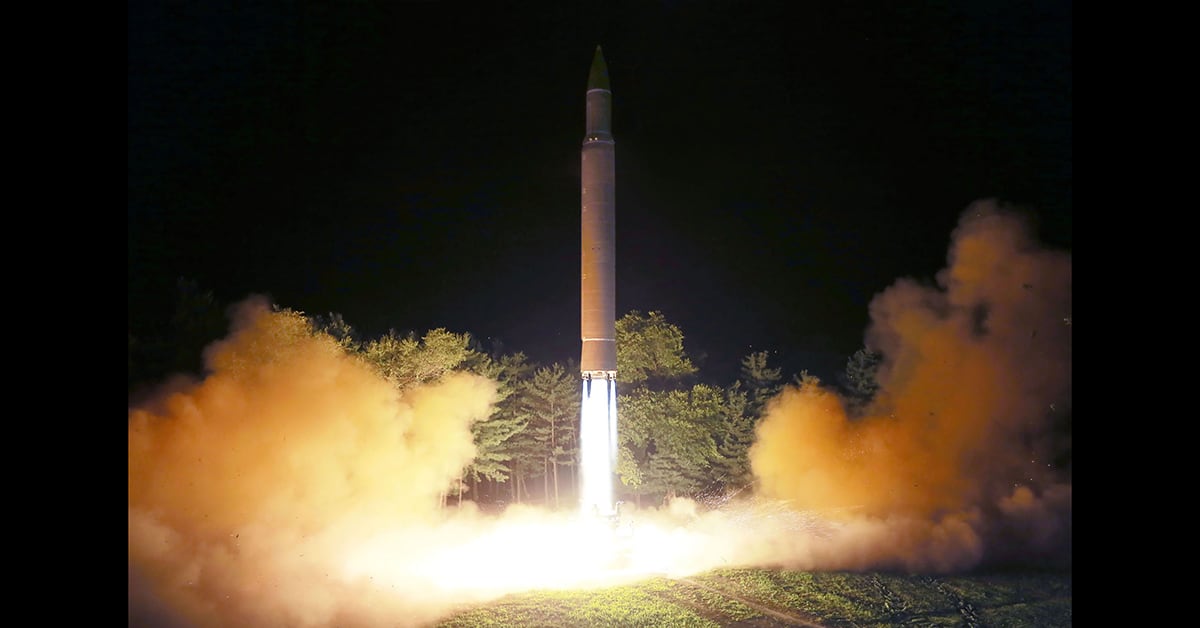
Odds are it won't happen in New York — the nightmare of the logistics alone would seem to doom such a meeting — and there are currently no signs that the White House is preparing for such a sit-down. But Trump's presidency, so far, has shown that the playbook used by previous U.S. leaders to confront North Korea doesn't seem to apply to him — and, he might argue, has never worked anyway.
Here's a look then at whether the always hectic annual U.N. General Assembly meetings in New York at the end of September will host another Trump-Kim summit:
NEVER GONNA HAPPEN
The mind boggles a bit at the possibilities for trouble, for mishap, for chaos, should anything go wrong if the most important person in North Korea visits New York — everything from an assassination attempt to a car accident to a breach of diplomatic protocol to food poisoning could set off another Korean War.
Even Kim's trip to Singapore — a semi-authoritarian state with close ties to North Korea — was seen as something of a gamble for the leader of a country obsessed with giving the ruling Kim dynasty the near-total security control that's possible only in Pyongyang.
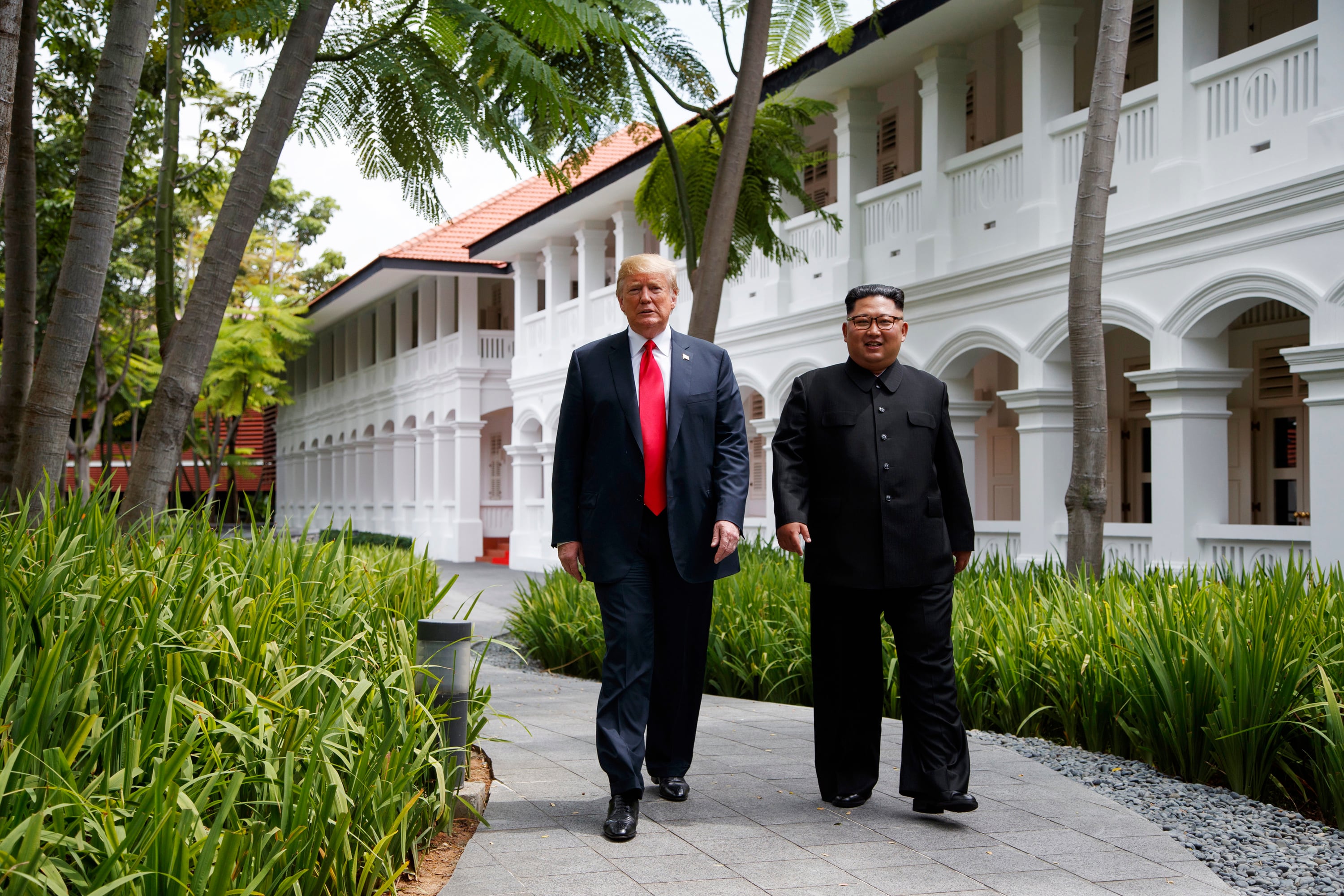
How can the North Koreans hope to control Kim's certain exposure to democracy, capitalism and famously aggressive New Yorkers?
Although a South Korean government adviser had previously speculated about a New York summit, the difficulties involved seem to have dawned here after a South Korean official who met with Kim earlier this month said a trilateral summit among Washington, Seoul and Pyongyang at the U.N. General Assembly was unlikely to happen because conditions for such a meeting haven't been created.
RELATED

Another reason to be skeptical is that U.S. policy on North Korea can often seem to be in disarray.
Only a day after the U.S. named a new special envoy on North Korea, for instance, Trump tweet-canceled Secretary of State Mike Pompeo's trip to Pyongyang for nuclear negotiations.
In Washington, the State Department said it had nothing to announce about any possible meeting.
Daniel Sneider, a specialist in international policy at Stanford University who recently met with senior U.S. administration officials dealing with North Korea, wrote last month that "the spoken, and unspoken, aim of most professionals implementing North Korea policy is to hold off President Trump from meeting North Korean leader Kim Jong Un again. They worry about a repeat of the June spectacle in Singapore when Trump made significant concessions that undercut their attempts to seriously negotiate with the North."
Let that stunning paragraph sink in for a while. If true, it means very smart senior U.S. officials are trying to thwart their own president and keep another summit from happening.
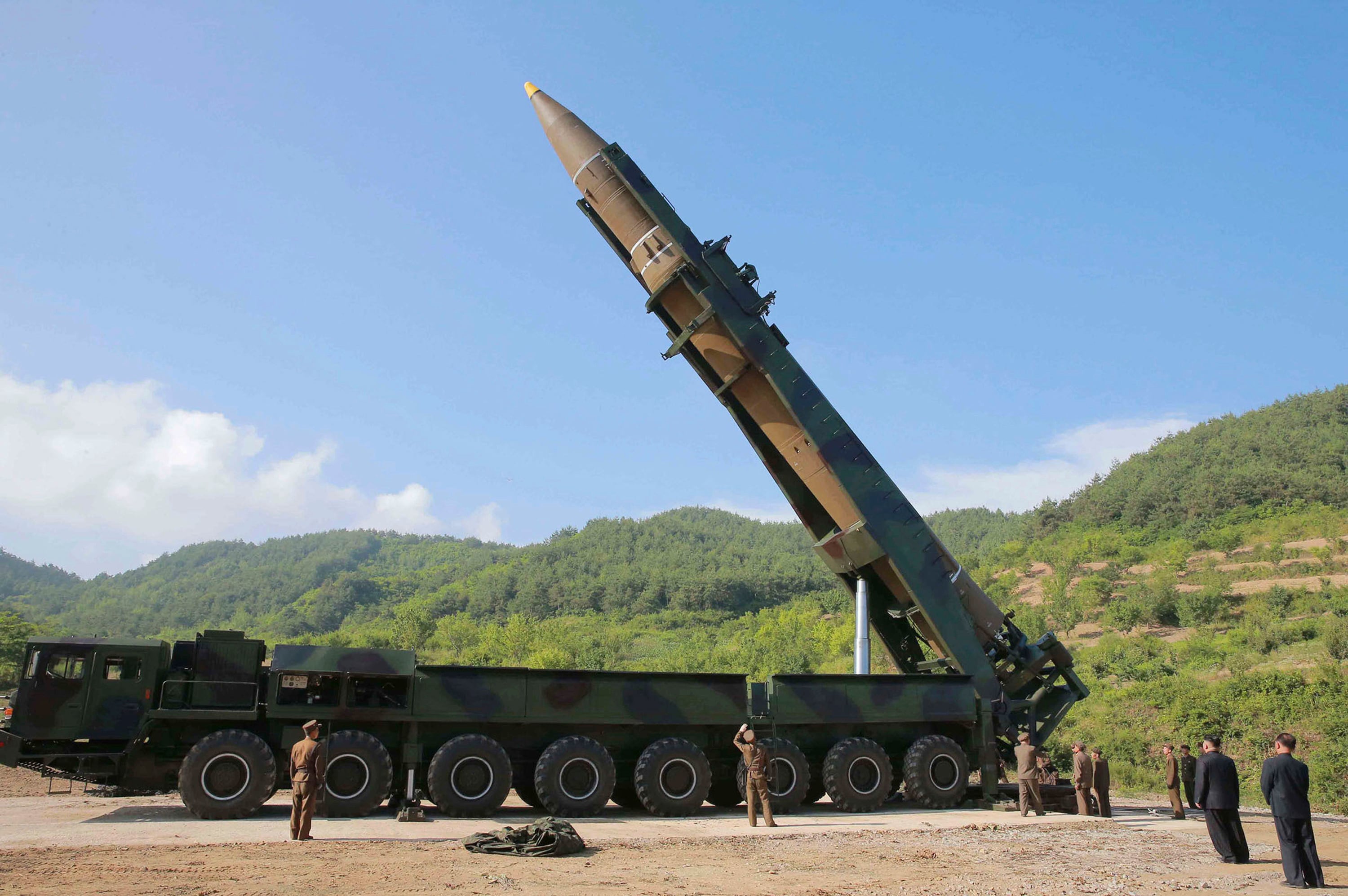
There's also worry in Seoul.
The Korea JoongAng Daily recently noted "a major risk" of another summit, speculating that Trump could settle for a "makeshift compromise to show off a feat on North Korea ahead of the midterm elections in November" and allow an "incomplete denuclearization package if Pyongyang vows to stop and dismantle its intercontinental ballistic missile program. That could be the worst scenario for South Korea."
BUT THEN AGAIN ...
All that said — it's hard to stand in the way of two forceful leaders' wishes. And they seem to be wishing for a summit.
The White House press secretary recently said that a letter from Kim to Trump indicated a desire to meet again, and that plans for another summit were underway.
If that's true, why not in New York, something previously suggested by Seoul? A summit next week in Pyongyang between Kim and South Korean President Moon Jae-in, who orchestrated the Singapore summit, to the shock of maybe everyone, is seen, in part, as an attempt to set something up between Trump and Kim.
For Moon, U.S.-North Korea dialogue is crucial because he likely realizes the futility of pushing forward with his ambitious engagement plans with the North without his chief ally being on board.
Another argument for the New York possibility: Kim seems to enjoy the spotlight.
In Singapore he looked at ease before the world press, taking a late-night stroll along the city-state's beautiful shoreline, grinning as people snapped photos and called out his name. It also allows him to continue to pursue better ties, and more concessions, from Washington as he pivots from a focus on a nuclear program he claims is complete to his push to make his people prosperous — and to prolong his rule.
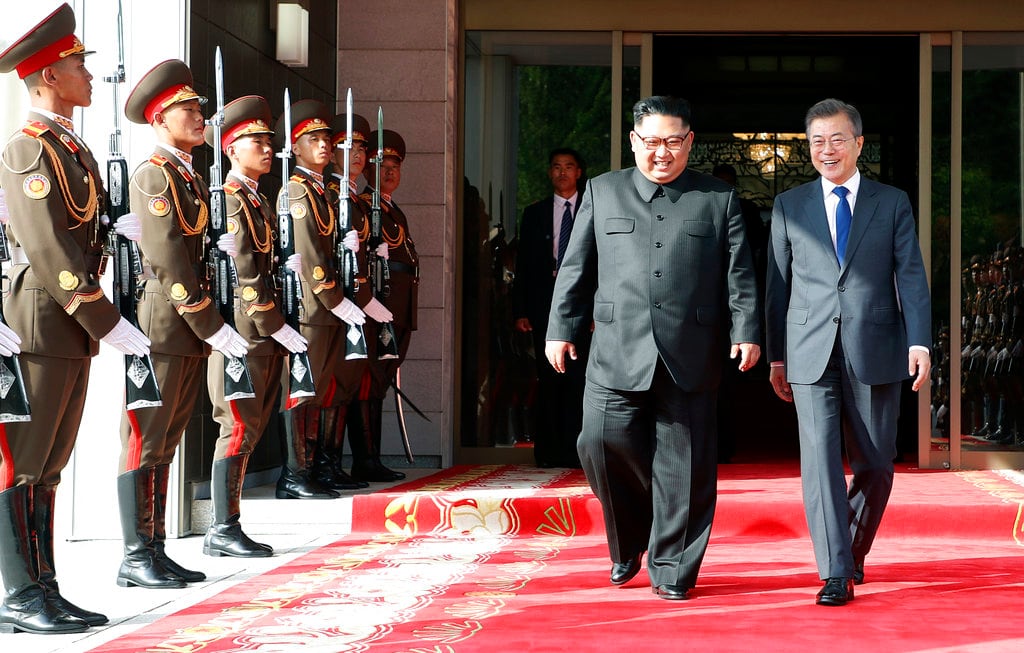
For Trump, a summit in his back yard might be a welcome distraction from the spiraling domestic troubles around his presidency, and allow a continuation of his argument that since Singapore was a getting-to-know-you situation, subsequent meetings would be where the real nuclear diplomacy would happen.
Of course, the problem with making any major progress on the nuclear issue beholden to the good chemistry of the leaders is that even if they meet for a second round, they may then have to keep meeting or risk seeing the process sink into a mire of inaction and bickering — which is just what seems to be happening now.
Foster Klug, AP’s bureau chief in South Korea, has covered the Koreas since 2005. Associated Press writer Eileen Putman in Washington contributed to this report.




